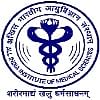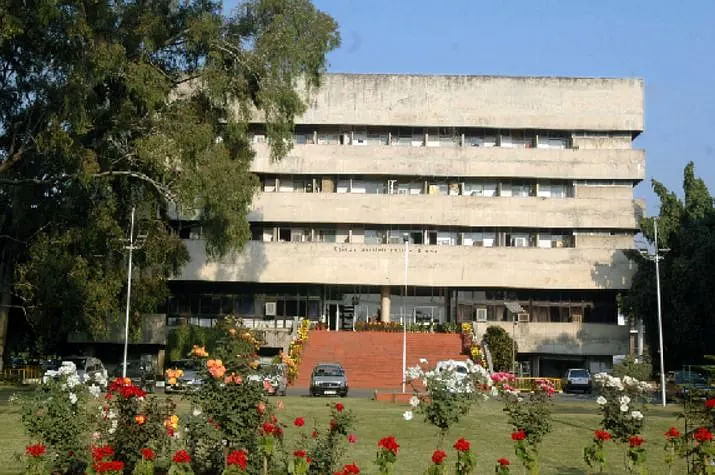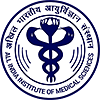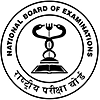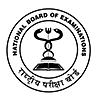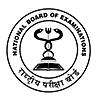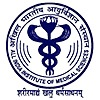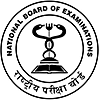MD Forensic Medicine Syllabus and Subjects

MD Forensic Medicine syllabus is a three-year-long postgraduate course that focuses on the application of a broad spectrum of sciences to answer questions of interest to a legal system. This may be in relation to a crime or a civil action. MD Forensic medicine subjects Forensic Science, Forensic Toxicology, Medical Jurisprudence, and Legal Procedure, Law & Medicine and Autopsy.
Semester Wise MD Forensic Medicine Syllabus
MD Forensic Medicine is a three-year-long postgraduate course that is divided into six semesters. The MD Forensic Medicine course has both core and elective subjects part of the curriculum, and the subjects are taught in theory and practical manner. The syllabus for the MD Forensic Medicine course is designed to ensure that the students have a fair chance to learn about all the vital aspects of the topic. MD Forensic Medicine subjects list is given below according to the semesters:
|
Semester I |
Semester II |
|
Forensic Medicine In Relation to Medicine and Surgery, Obstetrics and Gynaecology and Paediatrics |
Forensic Pathology, Forensic Immunology, and Forensic Biochemistry |
|
Forensic Medicine including Physical Anthropology and Forensic Odontology |
Forensic Toxicology, Forensic Psychiatry, and Medical Jurisprudence |
|
Elective I |
Elective II |
|
Semester III |
Semester IV |
|
Forensic Toxicology |
Medical Jurisprudence and Legal Procedure |
|
Law & Medicine and Autopsy |
Elective III |
|
Crime and Society |
Physics |
|
Digital Forensics |
Forensic Psychology |
|
Semester V |
Semester VI |
|
Zoology |
Anthropology |
|
Botany |
Questioned Documents |
|
Research Proposal |
Research Project |
MD Forensic Medicine Subjects
MD Forensic subjects are divided into core and elective subjects. Core subjects are subjects that are considered essential for the learning of the students. Elective subjects are subjects that make the course more interesting and flexible. Listed below are the core subjects that the students are introduced to through the MD Forensic Medicine syllabus:
- Forensic Pathology, Forensic Immunology, and Forensic Biochemistry
- Forensic Medicine including Physical Anthropology and Forensic Odontology
- Forensic Toxicology, Forensic Psychiatry, and Medical Jurisprudence.
MD Forensic Medicine Course Structure
MD Forensic Medicine course structure consists of six semesters. The course structure is designed to help the students learn about the course in great detail and depth, and to help the students learn about all aspects of forensic medicine. The general course structure is given below:
- VI Semesters
- Core Subjects
- Elective Subjects
- Research Project
MD Forensic Medicine Teaching Methodology and Techniques
MD Forensic Medicine teaching methodologies include traditional classroom-based teaching, practical sessions, research papers, and internships. The teaching methods are designed to ensure that students have access to all the vital information they need to succeed. Listed below are the teaching methodology and strategies in general:
- Lectures
- Practical Sessions
- Research Papers
- Seminars
- Group Discussions
- Internships
MD Forensic Medicine Projects
MD Forensic Medicine course includes a research project. This research is part of interdisciplinary education. The MD Forensic Medicine project ideas for the students come from the different specializations that they choose to pursue. Some of the popular MD Forensic Medicine projects topics undertaken by the students are mentioned below:
- Introduction to Forensic Science & Criminalities
- Criminal Justice System
- Forensic Toxicology
- History of Forensic Medicine
MD Forensic Medicine Reference Books
When pursuing any course students should ensure that they invest in reference books. They can purchase, rent or download these books. Listed below are some of the popular MD Forensic Medicine books that the students can invest in:
|
Name of Book |
Author |
|
Mycobacteria Protocols |
Tanya Parish and Amanda Claire Brown |
|
Environmental Biology |
Verma P.S and Agarwal V.K |
|
Physical Evidence in Forensic Science |
Henry C. |











